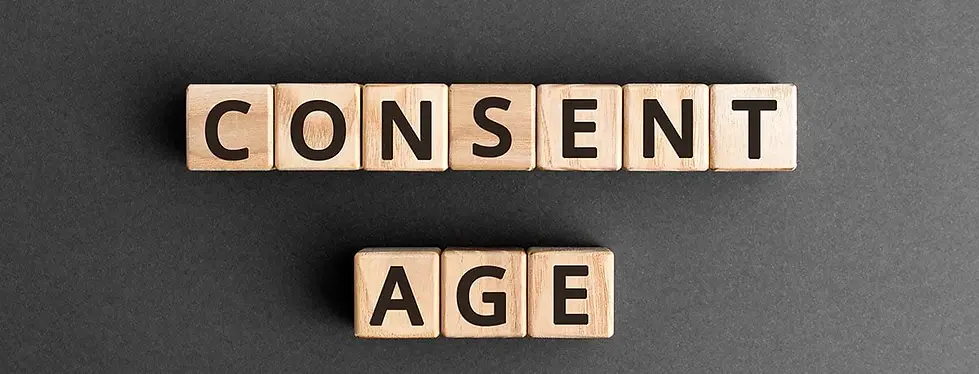
Seawatch Policy on Children’s Consent to Healthcare
At our clinic, we follow the legal guidelines for children’s ability to consent to their own healthcare in British Columbia.
General Policy
A child under 19 can give their own consent to healthcare if:
-
They understand the nature and consequences of the treatment, and
-
The treatment is in their best interests.
While each case is assessed individually, we generally assume that children around the age of 14 are capable of giving informed consent under the “mature minor rule”. This may be earlier or later depending on the child’s maturity level and assessment from their doctor.
Assessing Consent
-
Our healthcare providers will assess whether a child understands the treatment and its consequences.
-
If the child is capable of making their own decisions, their consent is sufficient, and parental consent is not required.
Parental Involvement
While a child may consent to their own care, our clinic encourages family involvement when it’s appropriate and in the child’s best interest, except where confidentiality is legally required.
Confidentiality
-
If a child consents to their own treatment, their healthcare information will remain confidential unless the child chooses to share it or legal exceptions apply.
-
If this is the case, we will not be able to disclose any of your child’s healthcare information, including past and upcoming appointment times, to you or any other person without their consent.
-
When Parental Consent is Required
-
If a child is not capable of giving informed consent, parental or guardian consent will be required before treatment is provided.
Emergency Situations
-
In emergencies where the child is unable to give consent, we will act in their best interests to provide necessary care
If you have question on this policy, please contact the clinic manager at director@seawatchmedical.ca


